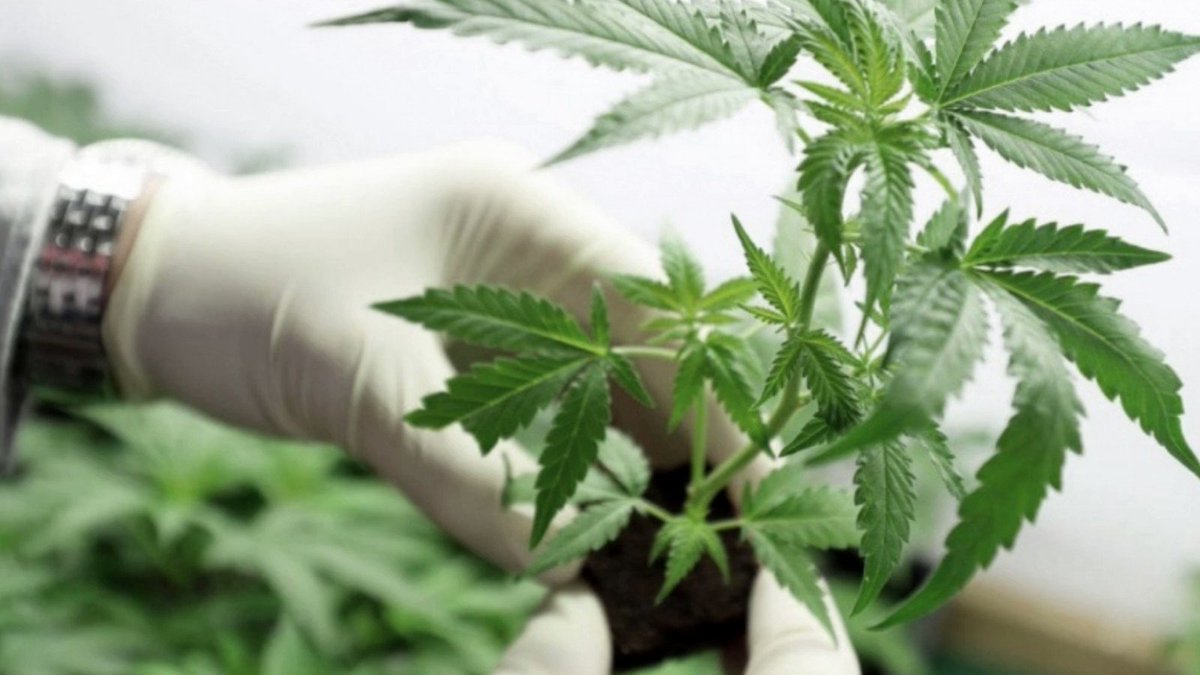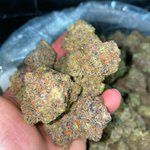
Chronicle Book Review: Opium's Orphans
Rerolled: July 21, 2022 | #STDW
Chronicle Book Review: Opium's Orphans: The 200-Year History of the War on Drugs by P.E. Caquet (2022, Reaktion Books, 400 pp., $35.00 HB)
[image:1 align:left]The history of drug prohibition is increasingly well-trodden territory, but with Opium's Orphans, British historian P.E. Caquet brings a fascinating new perspective embedded in a sweeping narrative and fortified with an erudite grasp of the broad global historical context. Although Asian bans on opium pre-dated 19th Century China (the Thai monarchy announced a ban in the 1400s), for Caquet, the critical moment in what became a linear trajectory toward global drug prohibition a century later came when the Qing emperor banned opium in 1813 and imposed severe penalties on anything to do with it, including possessing it. Precisely 100 years later, after two Opium Wars imposed opium on the empire followed by decades of diplomatic wrangling over how to suppress the trade (and for moralizing Americans, how to win favor with China), the 1913 Hague Opium Convention ushered in the modern war on drugs with its targeting not just of opium (and coca) producers or sellers but also of mere users for criminal prosecution. It urged countries to enact such laws, and they did.
What began at the Hague would eventually grow into an international anti-drug bureaucracy, first in the League of Nations and then in United Nations bodies such as the Commission on Narcotic Drugs and the International Narcotics Control Board. But it is a global prohibition regime that has, Caquet writes, straight-jacketed itself with an opium-based perspective that has proven unable or unwilling to recognize the differences among the substances over which it seeks dominion, reflexively resorting to opium and its addiction model. Drugs such as amphetamines, psychedelics, and marijuana don't really fit that model — they are the orphans of the book's title — and in a different world would be differently regulated.
But Opium's Orphans isn't just dry diplomatic history. Caquet delves deep into the social, cultural, and political forces driving drug use and drug policies. His description of the spread of opium smoking among Chinese elites before it spread into the masses and became declasse is both finely detailed and strangely evocative of the trajectory of cocaine use in the United States in the 1970s, when it was the stuff of rock musicians and Hollywood stars before going middle class and then spreading among the urban poor in the form of crack.
Along the way, we encounter opium merchants and colonial opium monopolies, crusading missionary moralists, and early Western proponents of recreational drug use, such as Confessions of an English Opium Eater author Thomas De Quincey and the French habitues of mid-19th Century hashish clubs. More contemporaneously, we also meet the men who achieved international notoriety in the trade in prohibited drugs, "drug lords" such as Khun Sa in the Golden Triangle, Pablo Escobar in Colombia and El Chapo Guzman in Mexico, as well as the people whose job it is to hunt them down. Caquet notes that no matter how often a drug lord is removed — jailed or killed, in most cases — the impact on the trade is negligible.
For Caquet, drug prohibition as a global phenomenon peaked with the adoption of the 1961 Single Convention on Narcotic Drugs. Coming as it did amidst a post-World War II decline in drug use around the world, the treaty criminalizing coca, cocaine, opium and opioids, and marijuana seemed to ratify a successful global prohibitionist effort. (In the US, in the 1950s, when domestic drug use was at low ebb, Congress passed tough new drug laws.) But before the decade was over, drug prohibition was under flamboyant challenge from the likes of LSD guru Timothy Leary and a horde of hippie pot smokers. The prohibitionist consensus was seeing its first cracks.
And the prohibitionist response was to crack down even harder, which in turn begat its own backlash. Drug use of all sorts began rising around the world in the 1960s and hasn't let up yet, and the increasingly omnivorous drug war machine grew right along with it, as did the wealth and power of the illicit groups that provided the drugs the world demanded. As the negative impacts of the global drug war — from the current opioid overdose crisis in the US to the prisons filled with drug offenders to the bloody killing fields of Colombia and Mexico — grew ever more undeniable, the critiques grew ever sharper.
In recent years, the UN anti-drug bureaucrats have been forced to grudgingly accept the notion of harm reduction, although they protest bitterly over such interventions as safe injection sites. For them, harm reduction is less of an erosion of the drug war consensus than all that talk of drug legalization. As Caquet notes, perhaps a tad unfairly, harm reduction doesn't seek to confront drug prohibition head-on, but to mitigate its harms.
The man is a historian, not a policymaker, and his response to questions about what to do now is "I wouldn't start from here." Still, at the end of it all, he has a trio of observations: First, supply reduction ("suppression" is his word) does not work. Sure, you can successfully wipe out poppies in Thailand or Turkey, but they just pop up somewhere else, like the Golden Triangle or Afghanistan. That's the infamous balloon effect. Second, "criminalization of the drug user has been a huge historical blunder." It has no impact on drug use levels, is cruel and inhumane, and it didn't have to be that way. A century ago, countries could have agreed to regulate the drug trade; instead, they tried to eradicate it in an ever-escalating, never-ending crusade. Third, illicit drugs as a group should be seen "as a historical category, not a scientific one." Different substances demand different approaches.
Opium's Orphans is a fascinating, provocative, and nuanced account of the mess we've gotten ourselves into. Now, we continue the work of trying to get out of that mess.
Source: https://stopthedrugwar.org/chronicle/2022/jul/21/chronicle_book_review_opiums
Senate Democrats File Marijuana Legalization Bill, Bipartisan Bill for Psychedelics for Terminally Ill Filed, More… (7/21/22)
Read More
Recent Johns Hopkins Medicine Study Analyzes Mislabeled CBD Products
Read More

Bipartisan Senate Bill Would Give ‘Right to Try’ Protection to Psilocybin and MDMA
Read More

NYC’s Overdose Prevention Centers Prove Effective
Read More







